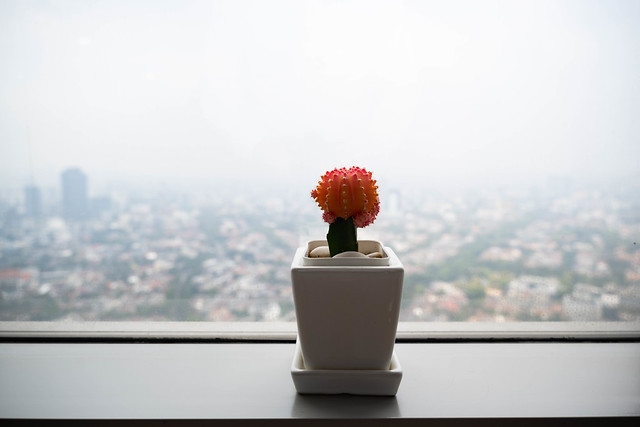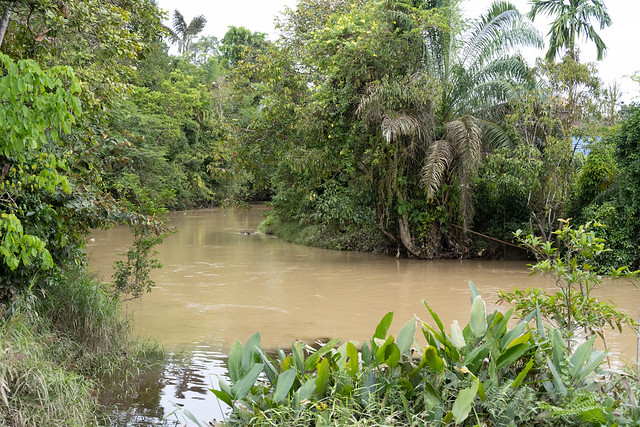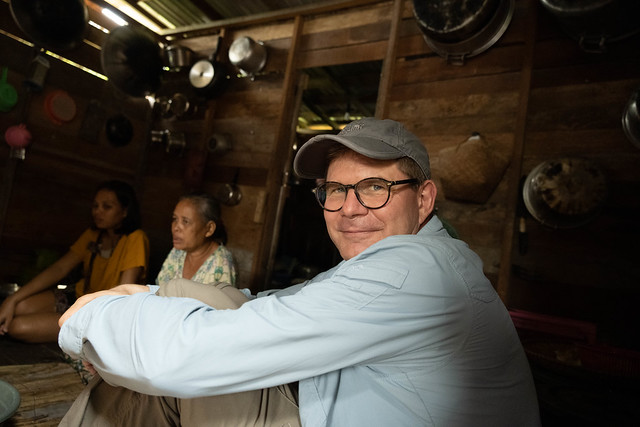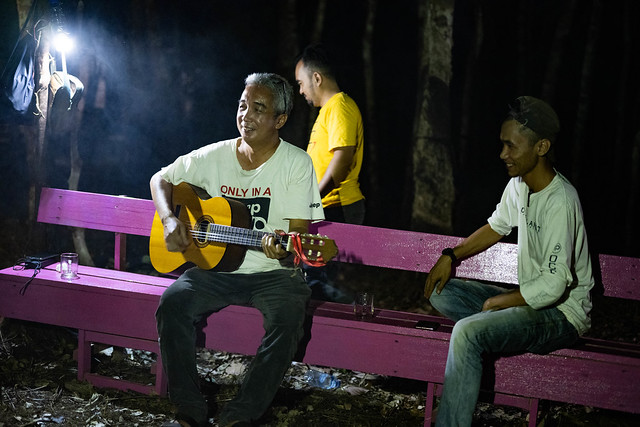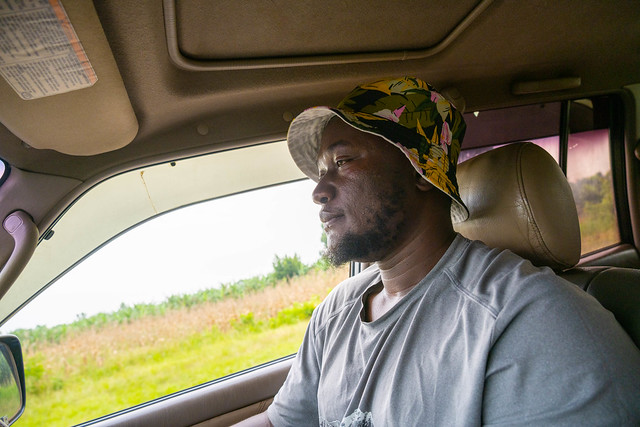My next trip in April to Borneo, Bali, Java, and Flores introduced me to the “improbable nation” of Indonesia: 273.8 mio people of 1,300 ethnic groups with 719 languages live on 6,000+ of 16,000+ islands across three time zones.
Each island feels like a country by itself. Denpasar in Bali is the tourist and nomadic work place of digitals. Java has been an agricultural and industrial powerhouse for several centuries. Borneo has one of the oldest and biggest rainforests in the world, but is heavily under threat by palm oil plantations.Indonesia is at the same time the world’s biggest palm oil exporter and very exposed to the impact of climate change e.g. Nusantara, the new capital of Indonesia will replace Jakartadue to flooding, air quality, and traffic jams.

Traveling with Fairventures Indonesia and the Borneo Institute in Central Kalimantan impressed me in multiple ways. The Dayak culture and heritage visible in the “Long-House“ where we stayed overnight and the importance of music.
The village Wolokoli in Wolowaru on Flores has a 500 years old community house, the “Rumah Adat Jopu Ranggase” for ceremonies. Maria is the daughter of the chief-of-chiefs and explained everything in detail to me. In the two ceremonies per year each lasting for four days, villagers praise their two Misu gods: the god of moon and the god of the sun. With this house, the 6 different tribes in the village came to peace by voting one of the tribe chiefs to become the chief-of-all-chiefs. The rope in the middle symbolizes the peace of the 6 tribes. It holds a basket for sacrificing black rice and a pork heart to the god of the moon, dedicated to the women in the village. The smaller basket in the corner is for the good of the sun. Here, yellow rice and an ox heart is immolated and devoted for men. A metal box outside, “Made in Germany”, keeps the bones of the former chiefs. A German priest donated the box to the village. Amazingly, Maria is a convinced Christian but at the same time still practicing heritage religion like most people in the village.
The Rumah Adat Jopu Ranggase a 500 years old community house for ceremonies
Drivers have been our hidden champion during our trips in Uganda and Indonesia. They not only take care of navigation, long hours of safe but quick transport, often way beyond the German driving rules. Drivers deal with mom elephants on the road, have an amazing network in the local population, take care of the “middle men”, and open cultural doors you would not find yourself. And some even take on the job of real infotainment like Christo in Flores or Ardi in Kalimantan.
Christo is a professional driver on Flores, Indonesia. His favorite song is the German version of Ging Gang Goolly
facebook instagram
The very last highlight were our diving trips in Flores at Ankermi diving resort. The guide, diving teacher, and “boss”, Claudia hand-holed me to find my balance after years of diving absence. My diving-log-book collection exploded with first time seeing a Barracuda, black & white tip Reef Sharks, Sea Turtles, Stonefish, Blue Ribbon Eel, Mackels, Damsels, Fusiliers, Trevallys, Snappers, Batfish, blue spotted stingray, needlefish, flatworm, surgeonfish giant trevally.
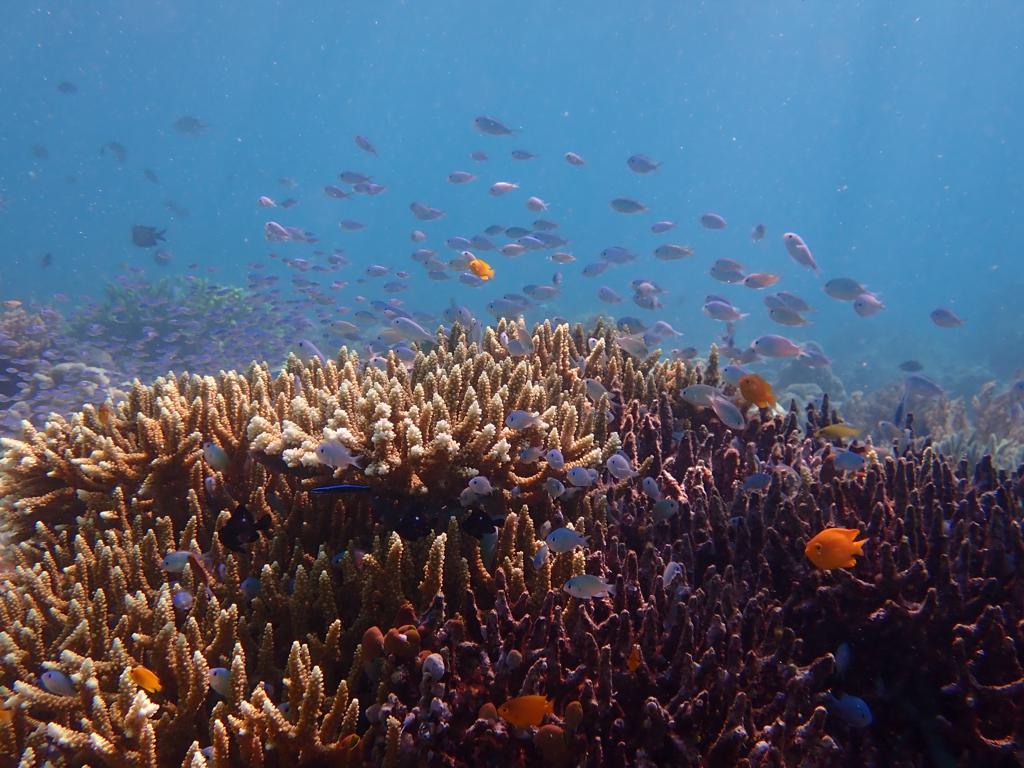
Coral reefs are slowly recovering in the Flores Sea after Crown of Thorns Starfish invaded
Picture CC BY-NC-ND 2022 Claudia Glarner
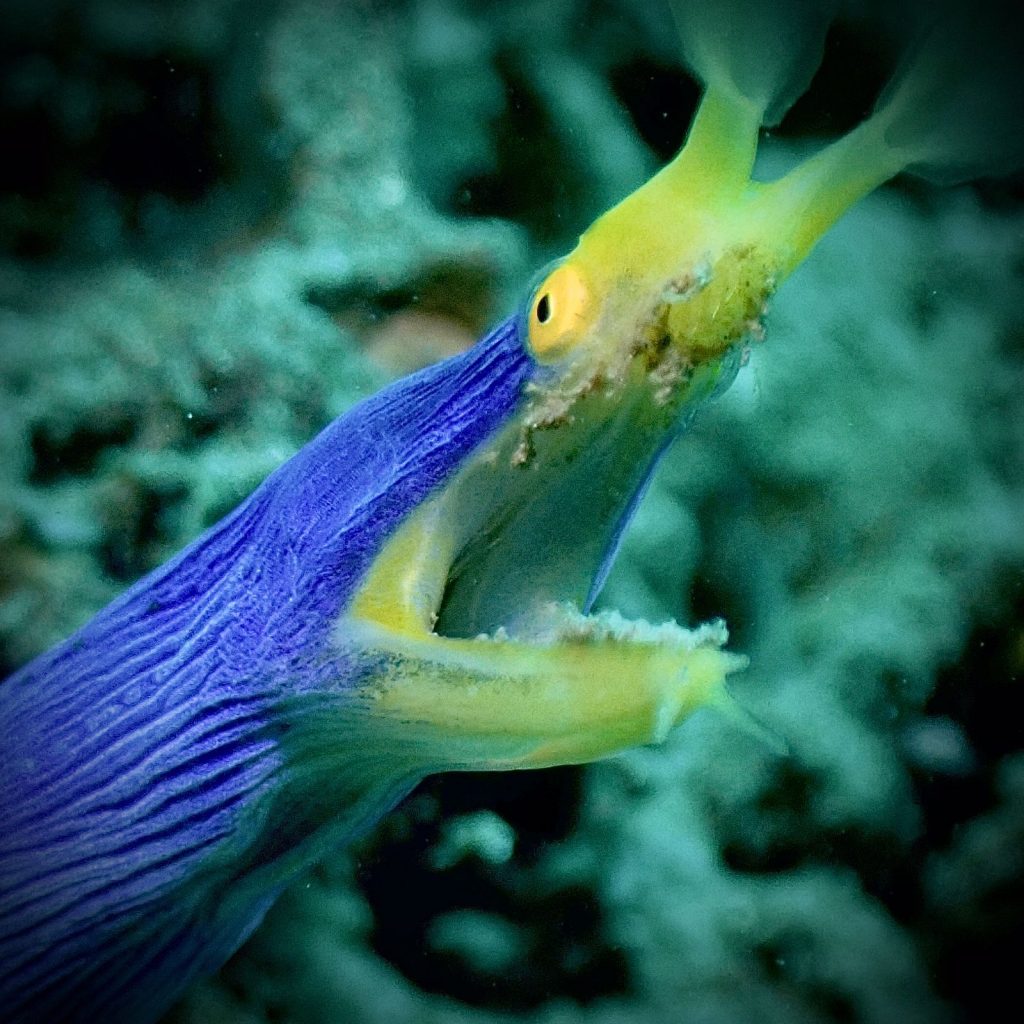
Claudia gently asked this blue ribbon eel to proudly show us his colorful long body.
Picture CC BY-NC-ND 2022 Claudia Glarner
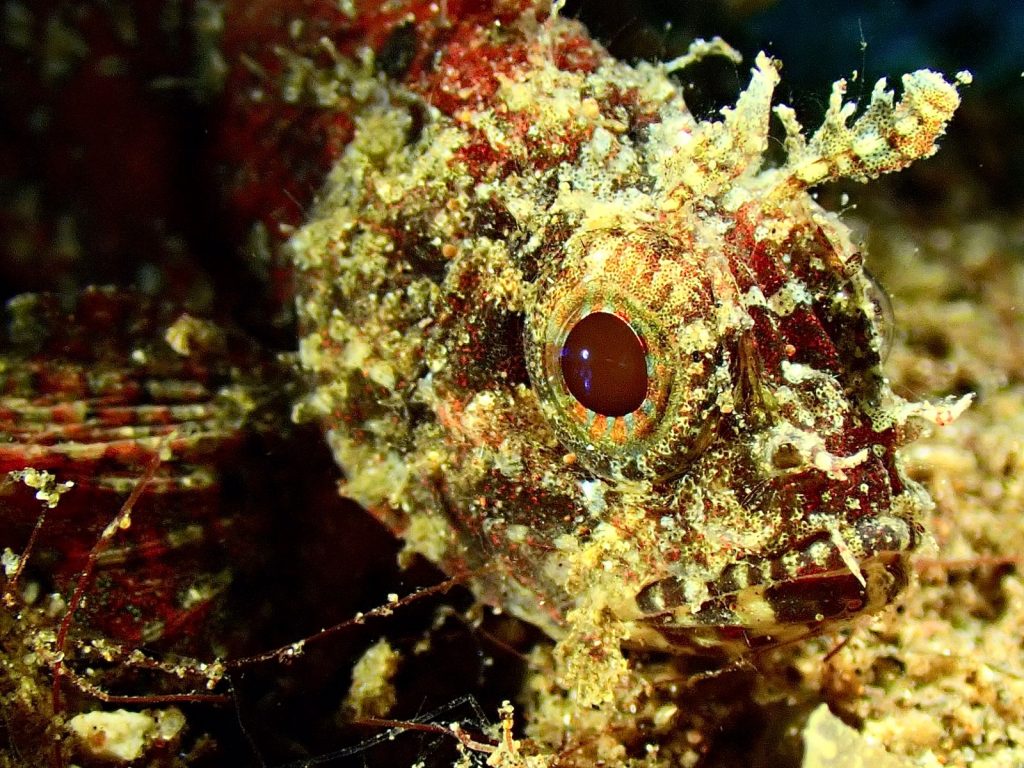
A curious Waspfish.
Picture CC BY-NC-ND 2022 Claudia Glarner
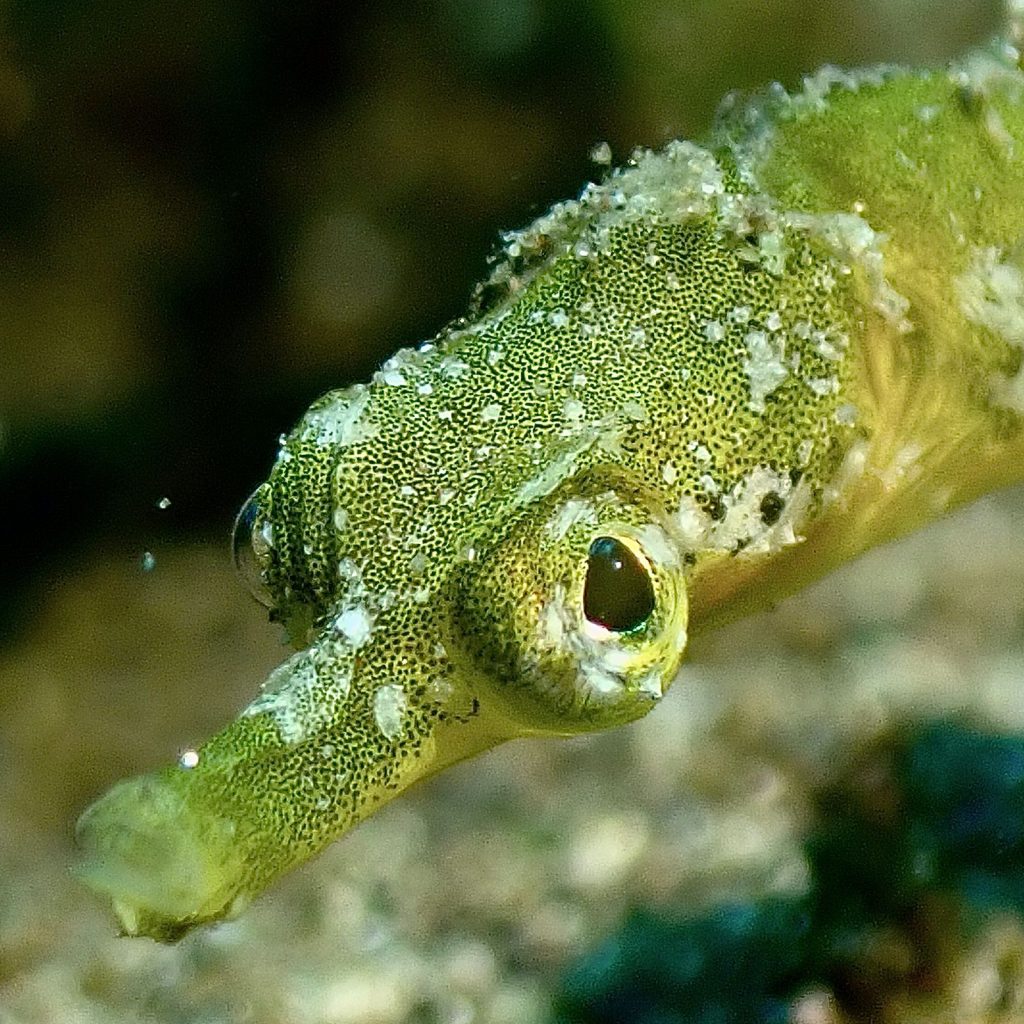
Pipefish! We stare straight back…
Picture CC BY-NC-ND 2022 Claudia Glarner
Thank you Claudia for your extra superb hospitality in Flores and thank you, Suki for taking me there 😉
The next post will cover the European history patterns I similarly observed in Uganda and Indonesia.

